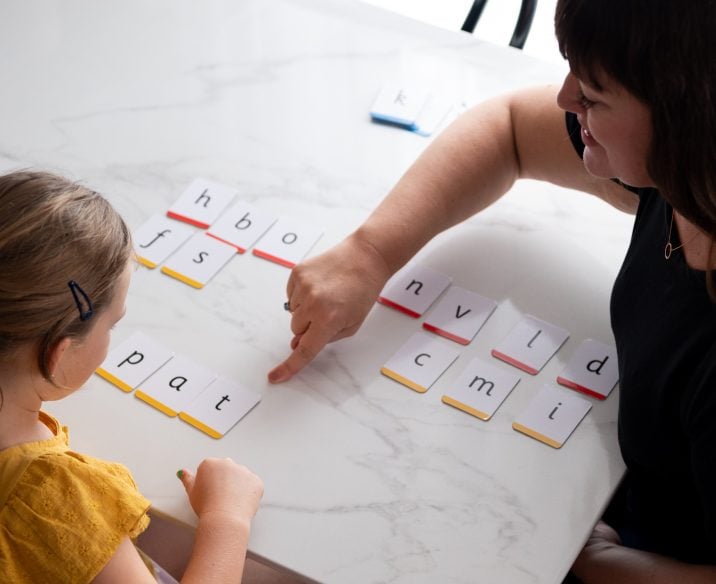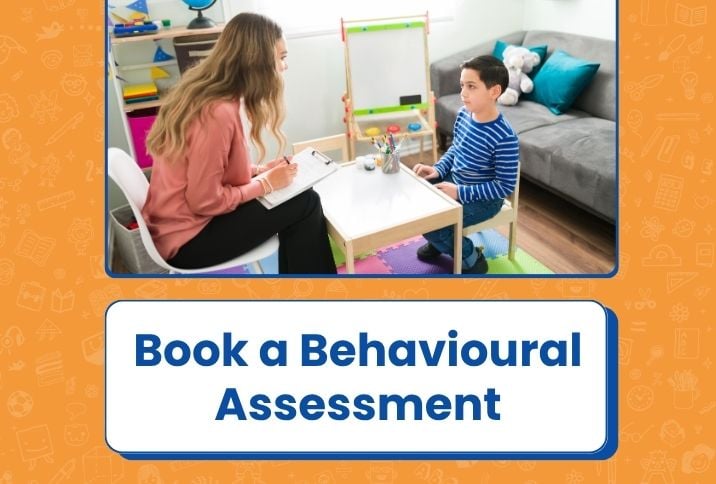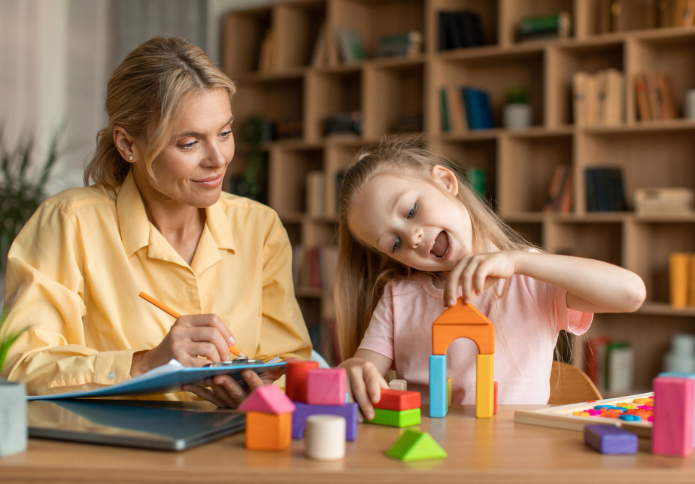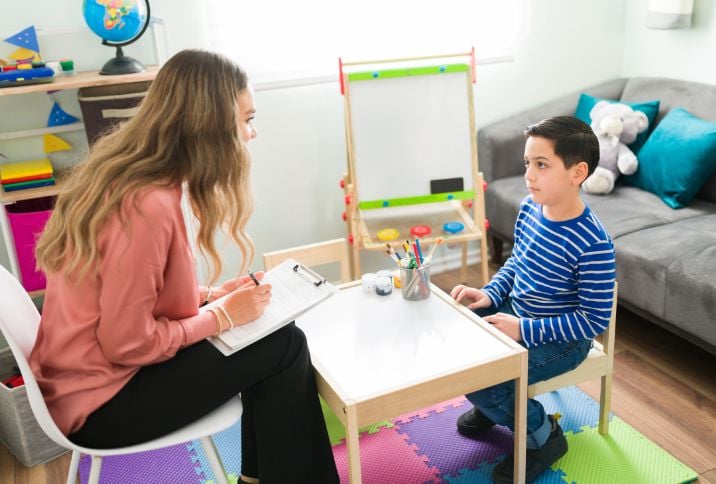
What is a Behavioural Assessment?
A behavioural assessment is a comprehensive evaluation of actions and habits affecting children and young people’s social interactions, emotional development and academic performance. This assessment can help to identify the underlying reasons for a child’s behaviours to support diagnosis and development of the most appropriate support strategies.
Psychologists use a combination of direct observation, clinical interviews, behaviour ratings scales and functional assessments to understand the frequency, severity, impact, context and function of a child’s behaviour.
Book a Comprehensive Behavioural Assessment
Cost: $1,200
Behavioural Assessments at Learning Links
Our psychologists are part of a multidisciplinary team who all see behaviour as a form of communication and are committed to understanding each child to provide them with the best possible support and enhance their overall wellbeing. Our commitment extends beyond the behavioural assessment, offering ongoing support through counselling, specialist tutoring and speech therapy – helping children to build the confidence, resilience, and foundational skills they need to thrive.
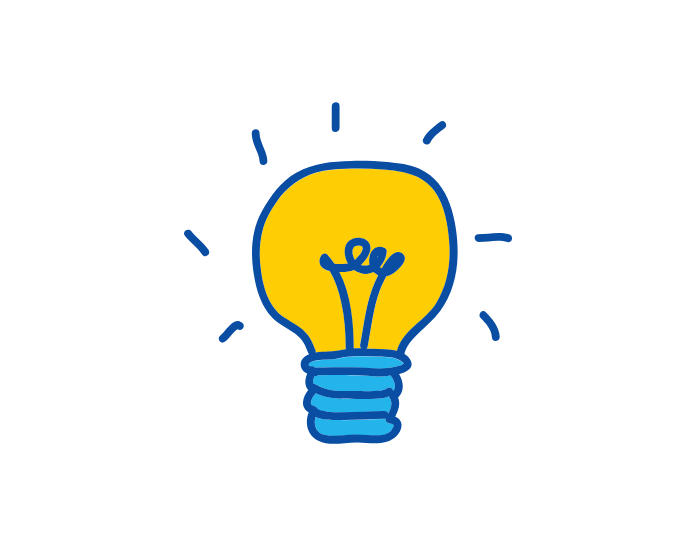
Over 50 years of trusted expertise supporting children's learning and development
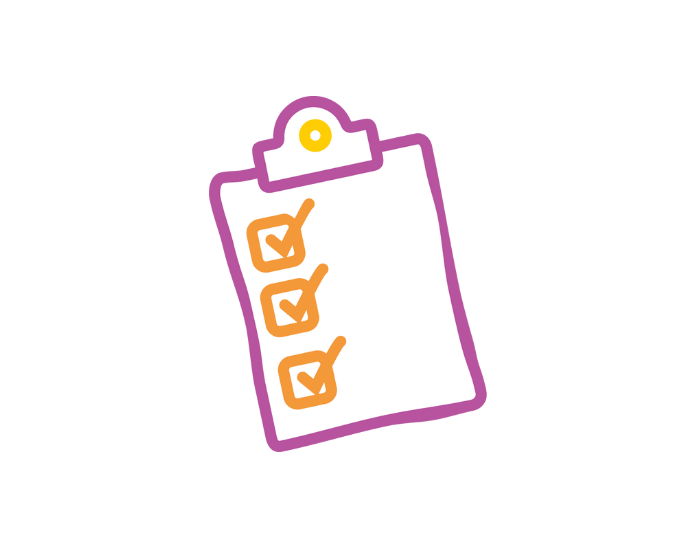
Providing diagnostic clarity with more than 500 comprehensive assessments administered each year
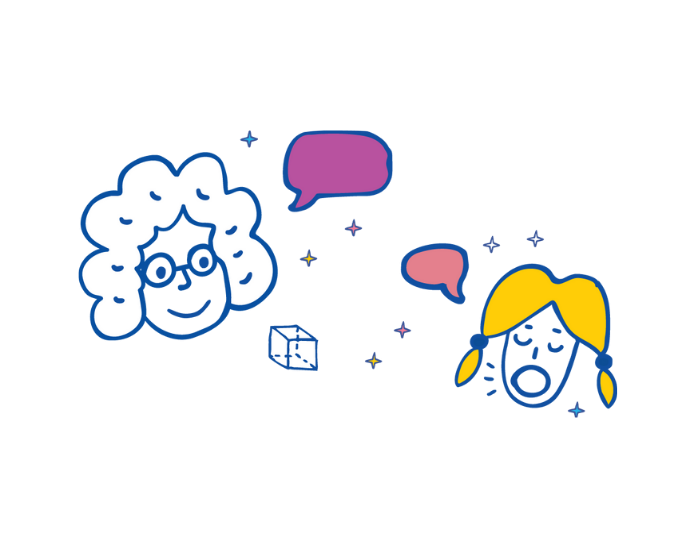
Large team of psychologists to provide timely identification early intervention
When is a Behavioural Assessment Recommended for a Child?
Teachers and other supporting professionals may recommend a behavioural assessment if your child’s behaviours are impacting their social, emotional or academic development and the cause of those behaviours is not understood. Some indicators that your child may benefit from an assessment include:
- New or frequent changes in mood or emotions
- Withdrawal from social relationships or hobbies
- Difficulty adjusting to changes in routine or environment
- Fearfulness or persistent worry
- Hyperactivity and restlessness
- Antisocial behaviours like lying, cheating or stealing
- Physical or verbal aggression
Benefits of a Behavioural Assessment
A comprehensive behavioural assessment offers several benefits, even if a specific diagnosis is not made. An evaluation with Learning Links helps to:
- Identify your child’s behavioural strengths as well as their challenges
- Uncover the underlying cause of your child’s behaviour to determine the best way to support them
- Investigate potential presence of conditions like attention deficit hyperactivity disorder (ADHD), anxiety, depression, oppositional defiant disorder (ODD) or obsessive-compulsive disorder (OCD)
- Develop an individualised support plan with tailored recommendations to address the underlying cause of your child’s behaviour at home and at school
- Improve your child’s overall wellbeing
The Assessment Process
A behavioural assessment involves multiple steps and components to ensure a thorough evaluation. Our psychologists may include:
- A detailed developmental history
- Clinical interviews with parents, teachers and your child, where appropriate, to gain insight into their behaviours in different environments
- Standardised behaviour rating scales to understand the frequency and severity of your child’s behaviours
- Direct observation of your child’s behaviour in different settings
Understanding Assessment Results
Following a behavioural assessment, our psychologists provide a comprehensive report that includes an outline of your child’s behavioural strengths and areas where extra support is needed. This report includes a description of your child’s behaviours compared to others their age and tailored recommendations to target the underlying cause of your child’s behaviours in the home and school environments. Families are given the opportunity to schedule a phone consultation to discuss the results and next steps with the psychologist.
Behavioural assessments alone may not provide a diagnosis, but patterns of behaviour identified through the assessment process can help to rule out certain conditions and provide clarity for where further assessment may be beneficial.
Assessment Tools Used by Learning Links
At Learning Links, we use a variety of tools to evaluate behaviours impacting your child’s social, emotional and academic development. Some of the most commonly used tools in a behavioural assessment are outlined below.
- ABAS-3: A standardised assessment that evaluates adaptive behaviours and functional skills for daily living
- BASC-3: A standardised behaviour rating scale tool that evaluates a wide range of behaviours and emotions to better understand potential causes
- Conners 4: A digital tool used to evaluate a range of behavioural symptoms, particularly those associated with ADHD.
Take the Next Step: Book a Behavioural Assessment Today
If your child is struggling with their emotions, social interaction or conduct, a comprehensive behavioural assessment can provide the clarity you need to put the right supports in place. Early identification is key to supporting your child’s overall mental health and wellbeing and providing them with the skills to understand and manage their own behaviours. Contact us today to schedule a behavioural assessment and take the first step towards supporting your child.
Download Our Free Assessment Guide
This assessment guide aims to demystify the evaluation process and introduce you to the wide range of psychological assessments available for families so you know what to expect and how to select the best option for your child.
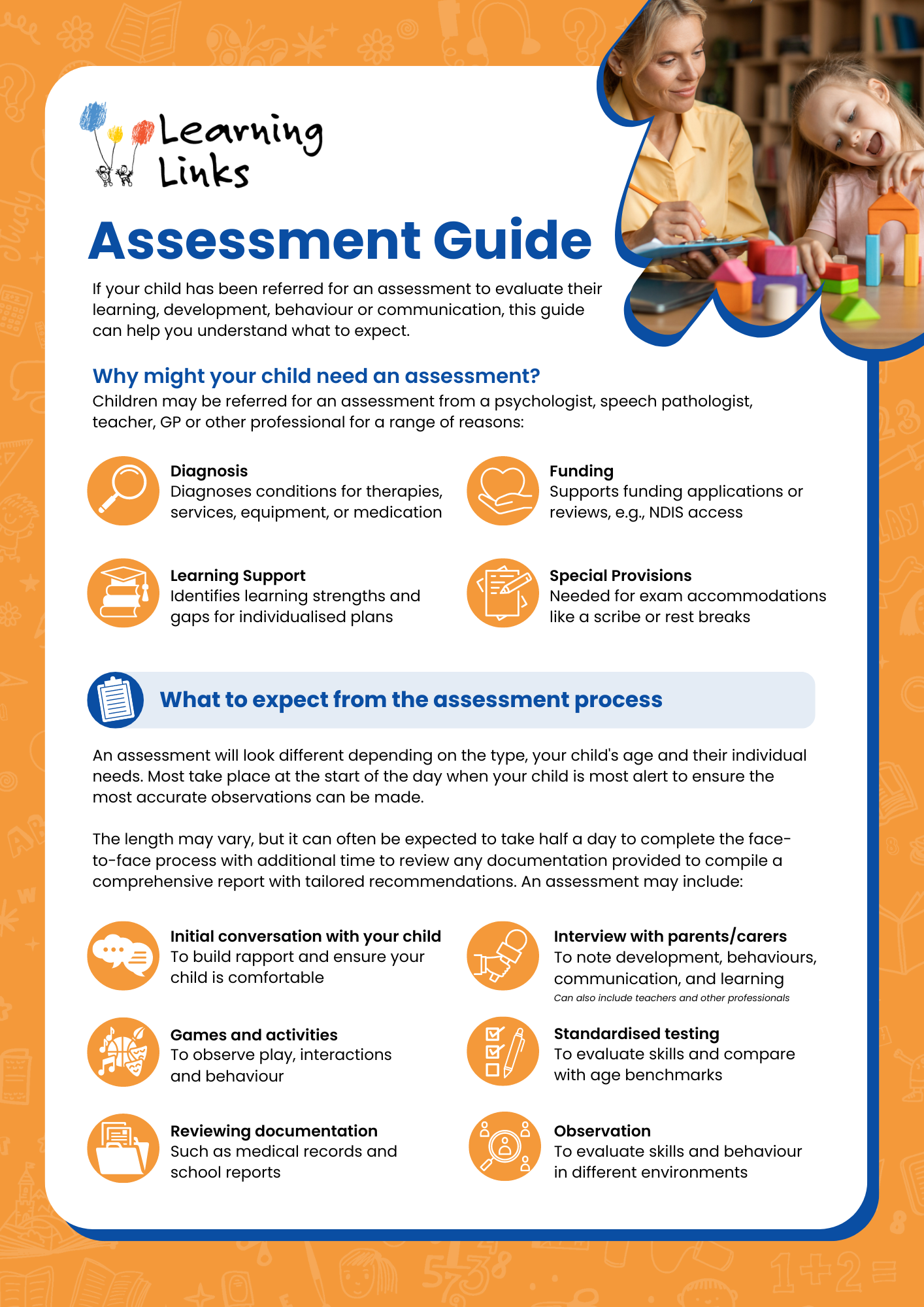
Explore More Assessment Types
Counselling Support for Kids and Teens
We work closely with children and families to truly understand your unique situation and offer personalised and evidence-based therapies to support positive change.
Learn More About Child Psychology
Speech Therapy Support for Kids and Teens
We use fun and interactive strategies to meaningfully engage your child to build their speech, language and literacy skills, and the confidence to communicate and interact with others.
Learn More About Speech Therapy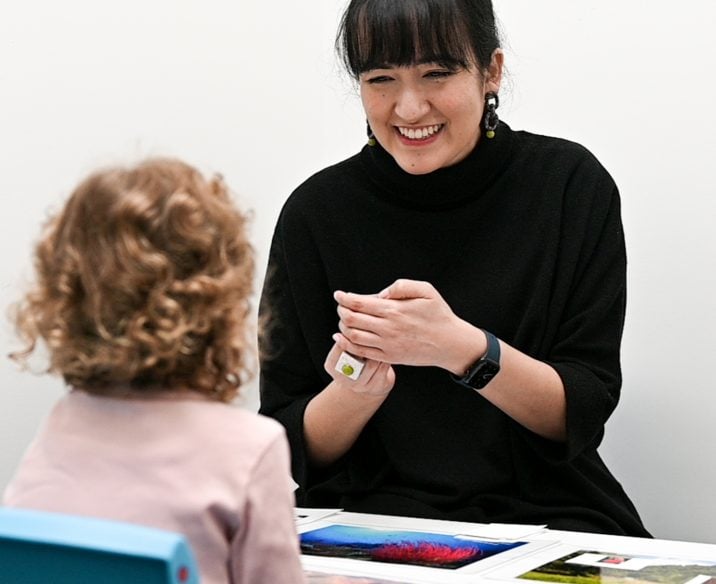
Specialist Tutoring Support for Kids and Teens
Our tutoring program is tailored to the individual needs and learning style of your child, so we can focus on filling the gaps in their learning to help them build skills, motivation and confidence.
Learn More About Specialist Tutoring